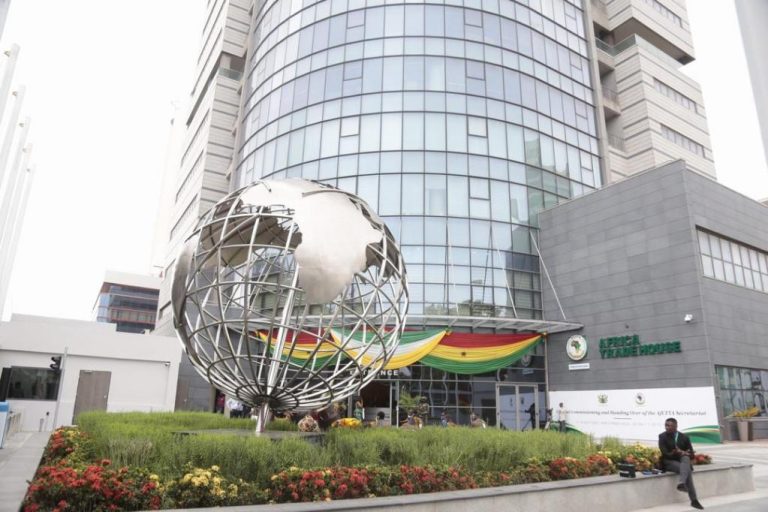
By XINHUA

The African Continental Free Trade Area (AfCFTA) is expected to increase intra-African trade in transport services by nearly 50 percent, according to the latest estimate by the UN Economic Commission for Africa (UNECA).
The UNECA, noting that Africa’s transport sector is set to strongly benefit from AfCFTA, said in a statement sent to Xinhua Friday that a recent estimate entitled the “Implications of the AfCFTA for demand for transport, infrastructure and services” indicated that with AfCFTA in absolute terms, more than 25 percent of intra-African trade gains in services would go to transport alone; and nearly 40 percent of the increase in Africa’s services production would be in transport.

The study conducted by experts in the Energy, Infrastructure and Services Section of UNECA unpacks AfCFTA investment opportunities in the transport sector.
According to the findings, AfCFTA requires 1,844,000 trucks for bulk cargo and 248,000 trucks for container cargo by 2030.
This increases to 1,945,000 and 268,000 trucks, respectively, if planned infrastructure projects are also implemented.
The largest demand for trucks to support AfCFTA is within West Africa at 39 percent; demand from West to Southern Africa is 19.8 percent and from Southern Africa to Western Africa by 9.9 percent.
UN Under-Secretary-General and Executive Secretary of UNECA Vera Songwe said the AfCFTA is “expected to significantly increase traffic flows on all transport modes – road, rail, maritime, and air,” but that such gains will only be optimized if the AfCFTA is accompanied by the implementation of regional infrastructure projects.
On the rail transport, the UNECA estimates that Africa’s rail network is inadequate, but implementing the Program for Infrastructure Development in Africa (PIDA) and other planned projects will significantly increase its size. Implementing planned projects will increase the network by almost 26,500 km.
AfCFTA requires 97,614 wagons for bulk cargo and 20,668 wagons for container cargo by 2030. This increases to 132,857 and 36,482 wagons, respectively, if planned infrastructure projects are also implemented, according to the UNECA estimate.
In the maritime sector, implementing the continental free trade pact would double maritime freight from 58 to 131.5 million tonnes. Africa’s maritime network includes 142 links connecting 65 ports; accounting for 22.1 percent of intra-African freight transport. The share will increase by 0.6 percent to 22.7 percent if both AfCFTA and planned infrastructure projects are implemented, according to the UNECA.
The UNECA estimate shows that the AfCFTA requires 126 vessels for bulk cargo and 15 vessels for container cargo by 2030. This reduces to 121 and 14 vessels, respectively, if planned infrastructure projects are also implemented.
In the air transport sector, Africa’s air transport network includes a total of 14,762 air routes (connecting each airport with the other 121 airports). Implementing AfCFTA would double the number of tonnes transported by air from 2.3 to 4.5 million.
In 2019, airfreight accounted for only 0.9 percent of intra-Africa freight transport, in which implementation of AfCFTA would double airfreight from 2.3 to 4.5 million tonnes. Air traffic is therefore expected to double in 2030 compared to 2019, the UNECA estimated.
The historic continental free trade pact that entered into force in 2019 started implementation in January 2021. The AfCFTA envisages creating a single continental market for goods and services, with free movement of people and investments, enhancing competitiveness and supporting economic transformation.
Negotiations are still ongoing on investment, intellectual property rights, competition policy and e-commerce.